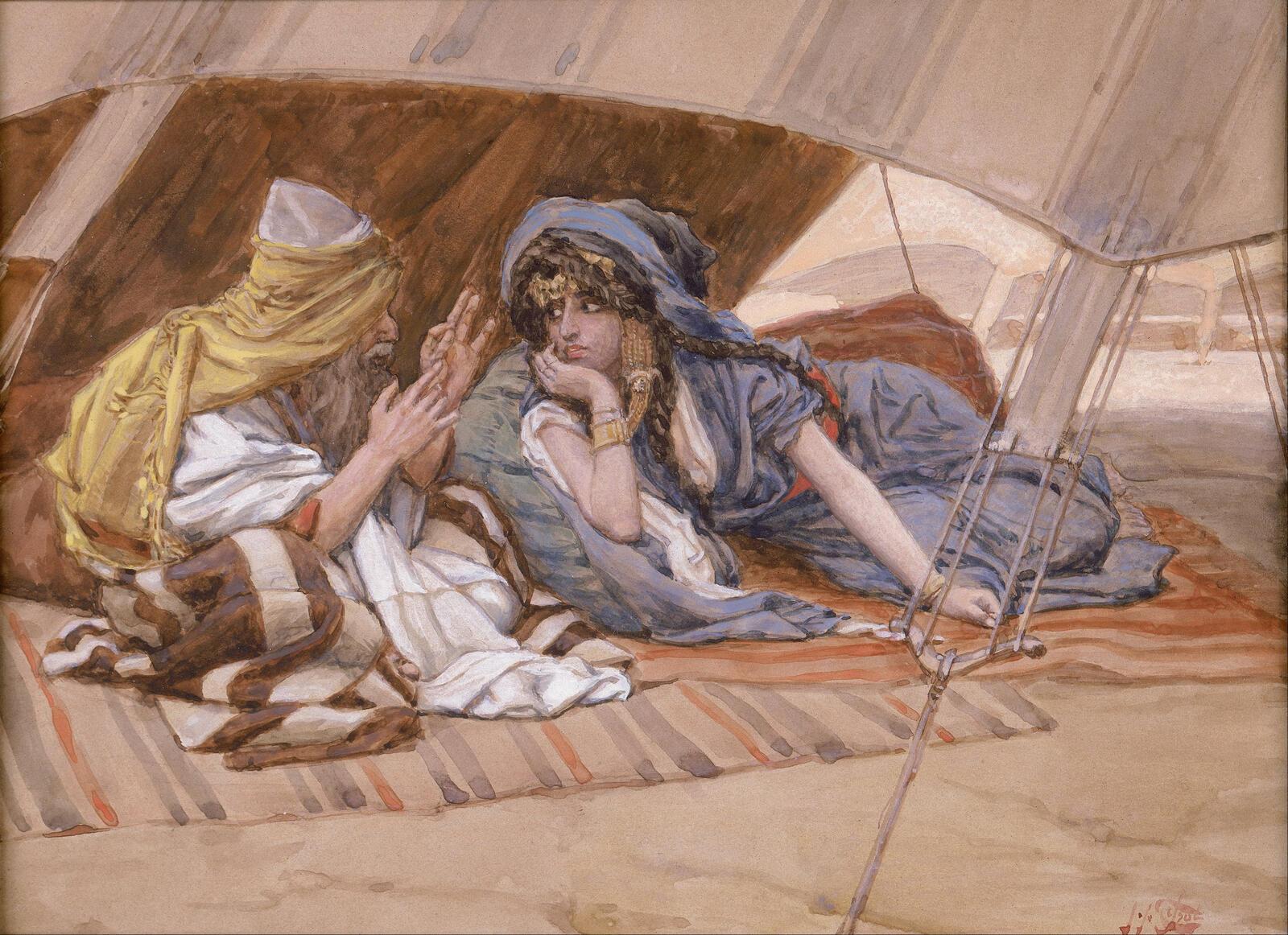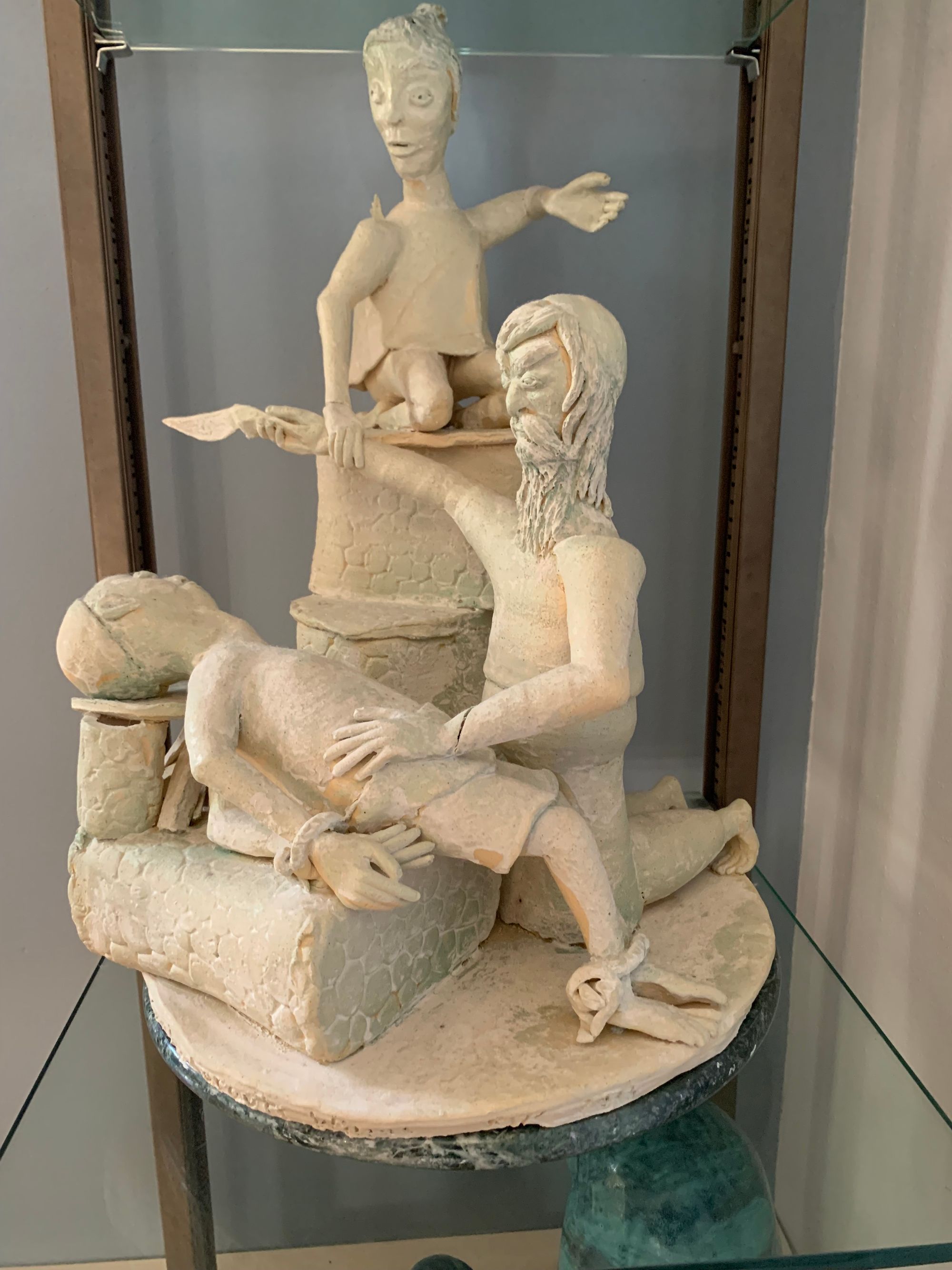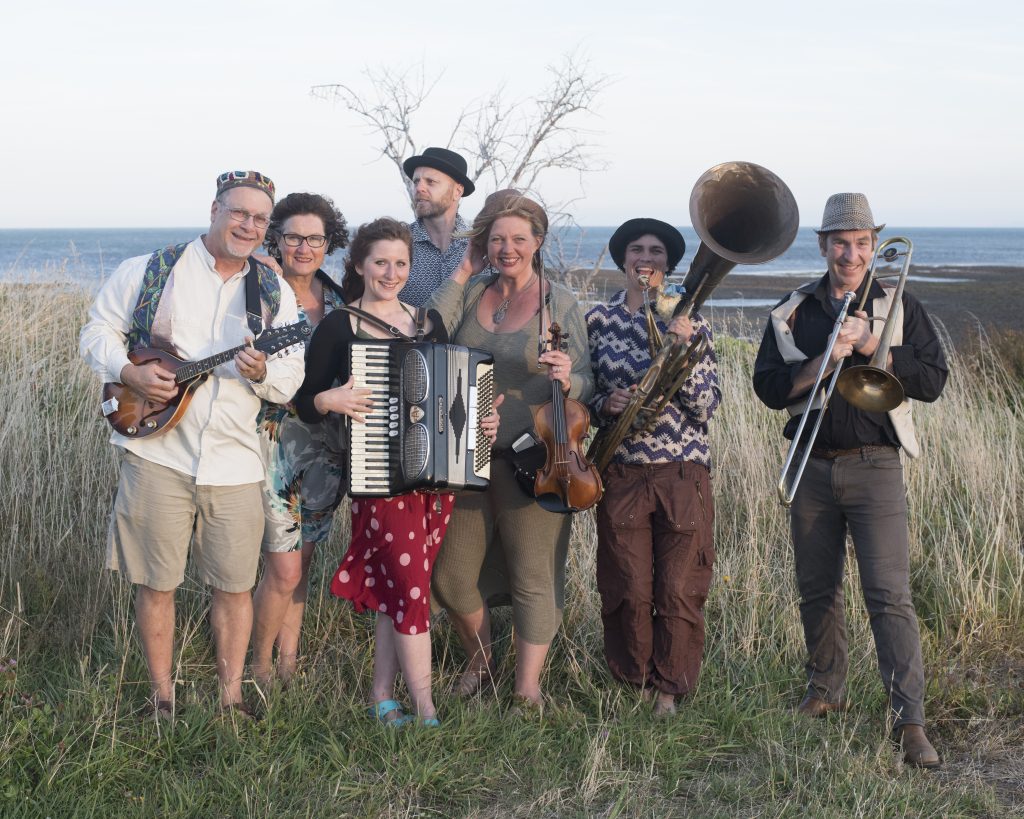Shabbat Gathering: Sarah: Patience and wisdom.

Dear Chevra, as is our custom, we will gather tonight at 5.45p ct to welcome Shabbat. These are the coordinates:
Zoom
Meeting ID: 963 5113 1550
Password: 1989
Phone: +1 312 626 6799
(To unsubscribe from the newsletter, click the link at the very bottom of this email.)
Here we go.
This week’s Torah portion is called the Life of Sarah. In truth, it’s not that at all. It touches on Sarah’s death and none of her life. As we’re read in the weeks before, the relationship between Sarah and Abraham is, at best, dysfunctional. And, in the end, it’s Sarah who is the patient and wise one.

In the Torah portion from a few weeks back, we can see how Abraham stretches Sarah’s patience. Hashem asks Abraham to pack up everything and leave their homeland. Imagine Sarah’s reaction:
Abraham: We need to pack up everything and leave. Hashem says so.
Sarah: Ok. Where to?
Abraham: I don’t know.
Sarah: Did you ask?
Abraham: No.
Sarah: Why not?
Abraham: It didn’t seem like the right time.
Sarah: Oh. Ok.
And patient Sarah wisely goes along with the vague plan.
A low point of the marriage comes when Sarah and Abraham are traveling together. Abraham makes Sarah pose as his sister so he won’t be killed when the couple sojourn in Egypt and then, a second time, later in Gerar. Abraham believes that, because Sarah is so beautiful, he will be killed so that pharoah and then the king of Gerar can marry Sarah. Abraham sells off Sarah as a concubine — twice! In both cases, Abraham’s deceptions were discovered, he is reunited with Sarah, and Abraham collects treasure along the way. We never read in the text that patient Sarah complains about being pimped out by her husband.
And at perhaps the nadir of her life with Abraham, he takes Isaac up the mountain to sacrifice him. According to one midrash, Sarah discovers, after Abraham and Isaac leave, that Abraham has taken his special sacrificing knife with him, and puts together what’s going on. After the event on the mountain, Sarah disappears from the narrative until her death and Isaac never speaks to Abraham again. In several midrash, the commentators say that the near sacrifice of Isaac kills Sarah. Sarah’s patience finally snaps.

Don Katz connected me to a midrash that Sarah appears to Abraham and Isaac on the mountain and that she stays Abraham's hand at the last moment. You can read all of it here on Sefaria, but here's an extract.
The rest happened so quickly. Abraham was holding the knife, about to sacrifice Isaac. He seemed to be in a trance. So in my voice that he often called ‘angelic,’ I called out, ‘Avraham, Avraham.’
That broke the trance. Realizing what he was about to do, he dropped the knife. He looked up, saw the ram that I brought for him to sacrifice instead, and stepped toward it. Relieved at having saved my son’s life, and grateful at having ensured the survival of our people, I was exhausted. I cried and cried.
Then I lay down on the ground for what I sensed would be a long, long sleep.
In the end, we discover that it’s Sarah who is really wise. In The Women’s Torah Commentary, Rabbi Rona Shapiro writes,
Sarah’s death says that this trip to the mountaintop, this near-sacrifice of a son, is unnecessary. There is no truth on the mountaintop, … no special holiness up there. Truth is right here, at home, in cooking dinner, taking out the garbage, holding hands, raising a child.
And this is clear when we see Isaac marry Rebecca. Instead of building Rebecca her own tent, he moves her into Sarah’s tent. Sarah is the model of a good parent for Isaac.
There are those of us old enough to remember when the matriarchs were first added to our prayers. It was long overdue. After everything Abraham put Sarah through, it was especially long overdue, especially in light of her patience and wisdom, two qualities we don’t necessarily associate with Abraham. (He had some other redeeming qualities such as faith to be sure.) But Sarah, oh Sarah, she earned the respect and love of her only son. And that’s perhaps worth so much more.
And may it be for all of us a blessing.
See you tonight!
Gut Shabbes!
All my love,
brian.
PS

The diaspora is a wondrous thing. Klezmer Rebs is a klezmer band based in Wellington, New Zealand.
Mostly taken from the group’s website:
Klezmer Rebs is a seven piece klezmer band formed in 2002. Klezmer Rebs instrumentation includes guitar, mandolin, clarinet, violin, accordion, keyboards, trombone, helicon (like a tuba), string bass and vocals. Together the Klezmer Rebs capture the true klezmer spirit with songs of joy, sorrow and rebellion. (That reminds me of something one of my favorite authors, I.B. Singer writes in his novel Shosha: “Today’s Jews like three things - sex, Torah, and revolution, all mixed together.”)
This is a tune that appeals to my political inclination, Anarchia Total.